'The Last Of Us' Showrunners On The Hit Drama's Inspirations And Runaway Success
The post-apocalyptic drama series is now streaming on HBO Max
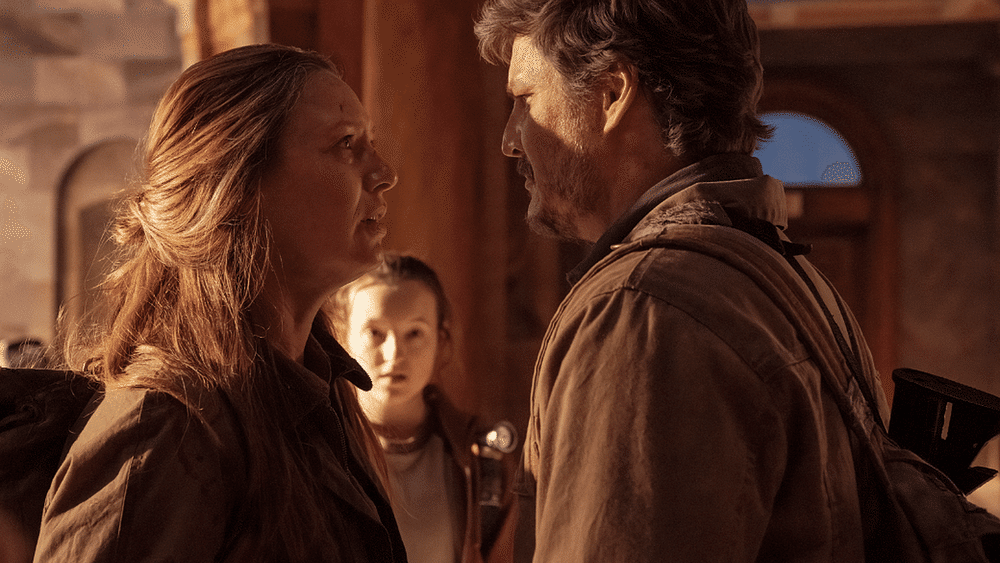
HBO original drama series The Last of Us is having a moment right now, but not everyone is familiar with the critically-acclaimed video game it's based on. Originally developed by video game company Naughty Dog exclusively for the PlayStation® platforms, the immensely popular action-adventure game dropped a decade ago in 2013. Now, it's been brought to life on the small screen thanks to writers and executive producers Craig Mazin and Neil Druckmann, who told BAZAAR how the adaptation came to be, and which details from the video game viewers can expect to see in the show.
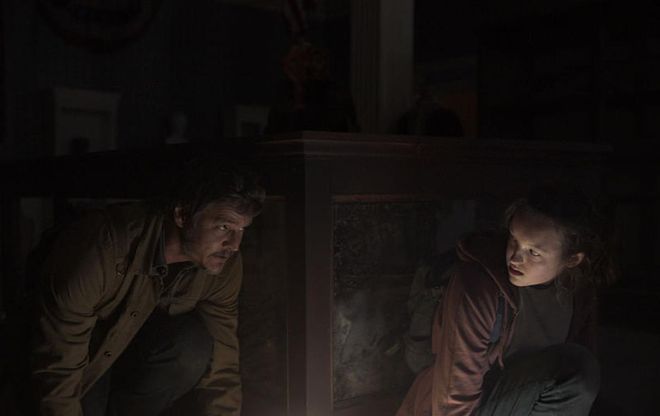
Photo: HBO Go
Taking place in a post-apocalyptic future some twenty years after modern civilisation has been destroyed, the show follows Joel, a hardened survivor who is hired to smuggle Ellie, a 14-year-old girl, out of an oppressive quarantine zone. Led by actors Pedro Pascal and Bella Ramsey, respectively, the cast also features Gabriel Luna, Anna Torv, Nico Parker, Murray Bartlett, Nick Offerman and Storm Reid.
Related article: ‘The Last Of Us’ Is Getting A Season 2
What’s your relationship with gaming, Craig, and when did you first discover The Last of Us?
CM: I came across The Last of Us when it came out in 2013 as the last great game on PS3. I didn’t have very high expectations although I bought a PS3 specifically for it; I was mostly playing on the Xbox. I wanted to play it because it looked so great, but I wasn’t expecting to have this experience that I would never have again with any game that doesn’t say The Last of Us on it. I felt something profound. I was not only moved, but I was moved in a way that wasn’t sentimentality or a base manipulation — which I will fall for! There was something very profound about what the game was about and it struck me that while I loved the game play, it wasn’t the game play that made it so satisfying. It was the story and the characters. I have never had this experience before or since. I didn’t know who Neil was but I knew he was pretty special.
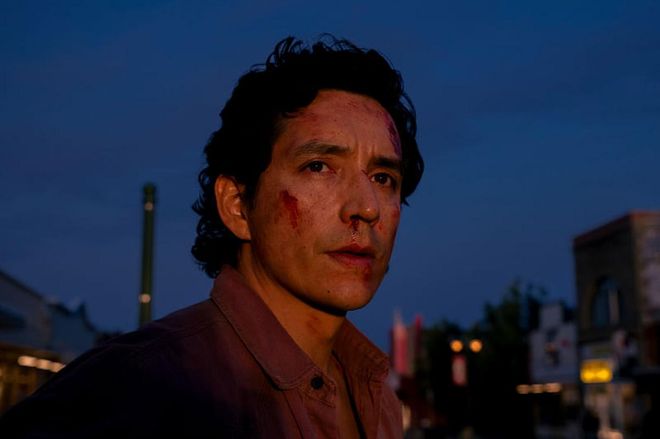
Photo: HBO Go
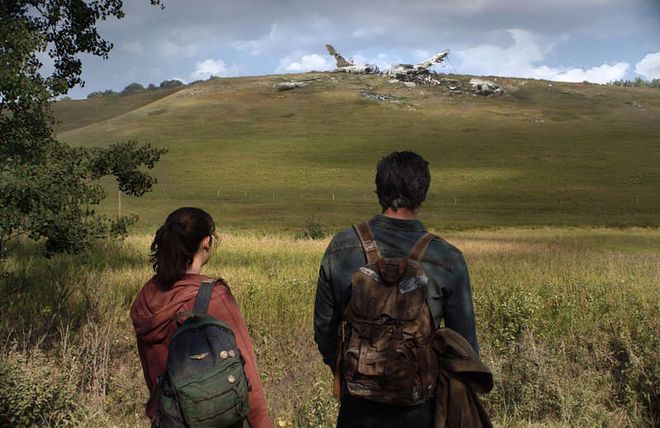
Photo: HBO Go
And you got the chance [to meet Neil] when Shannon Woodward, who portrayed Dina in The Last of Us Part II, introduced you.
CM: I spoke to her this morning and told Shannon we’d be mentioning her in all our interviews. I was incredibly jealous when I heard she was working on Part II of the game but being a good solider, she refused to tell me anything about the game. She honoured her NDA! But she did tell me that Neil and I would love each other. The meeting didn't happen; Neil was really busy. But there was this moment when the rights reverted back to Naughty Dog, Chernobyl had just been on the air, and everything lined up. Certainly, part of the context was to discuss adapting The Last of Us somehow. It was a great meeting.
ND: Towards the end of the conversation I said as a throwaway, "What if we wanted to make The Last of Us as an HBO show? What would that look like? How would it happen?" Craig said, "That’s easy. We’ll go across the street and we’ll talk to an HBO executive I’m very close with and I’ll tell him I want it to be my next project."
CM: I have nothing but misplaced confidence in myself!
Related article: ‘The White Lotus’ Is Getting A Third Season
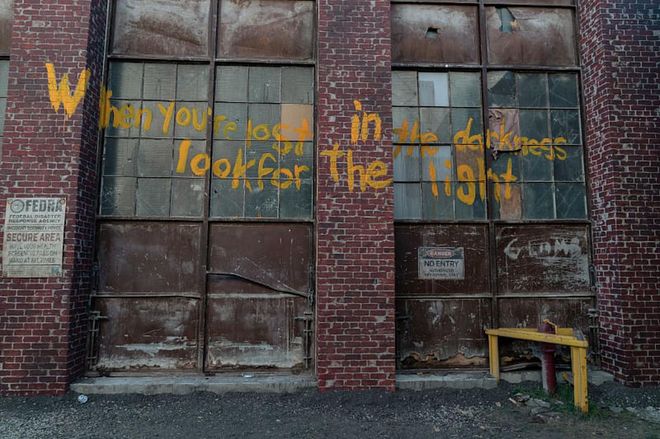
Photo: HBO Go
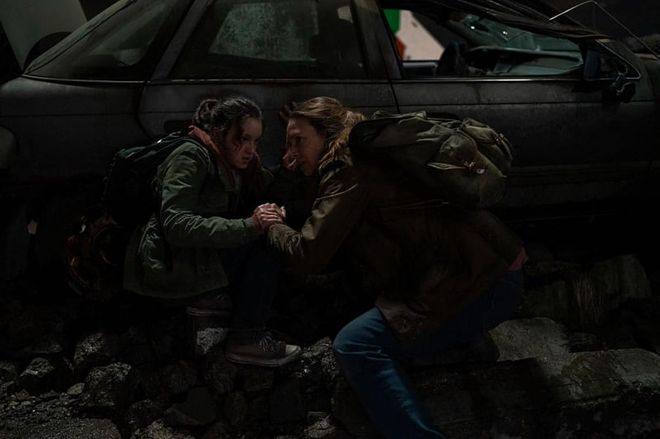
Photo: HBO Go
Why did you want to adapt The Last of Us into another medium?
ND: That was the first question: why adapt it all? If the game is that good, why do this exercise, because you’re putting a lot at risk. This game means a lot to me; it’s like one of my children and a bad version would be heartbreaking. But there are some people who will never play a video game, and while they can watch it on YouTube, it’s not the same experience. This experience was designed to be played, not watched. There are a lot of things that don’t work as well when you only watch them. So then it was a case of deciding whether we believe in the story enough to adapt it into another medium. I have always been intrigued by the ‘video game curse,’ as video games have historically made poor adaptations when translated into passive media, which makes many people think that video games are poor storytelling vehicles. And I liked the idea that people might watch this adaptation, be blown away, and say, ‘What? That was based on a video game?’ Then they might go back to the source material and understand the wealth of experience that exists in this other medium.
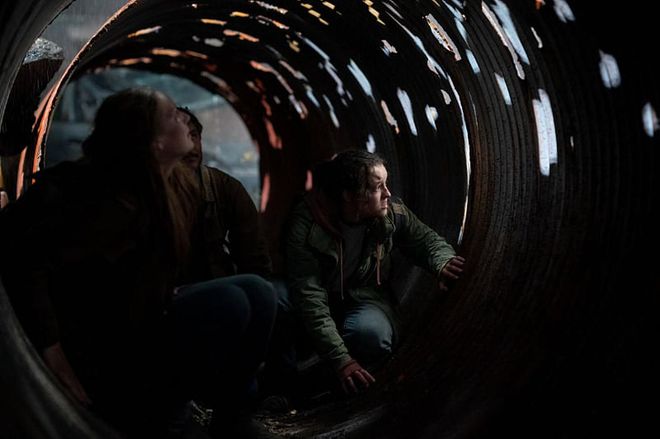
Photo: HBO Go
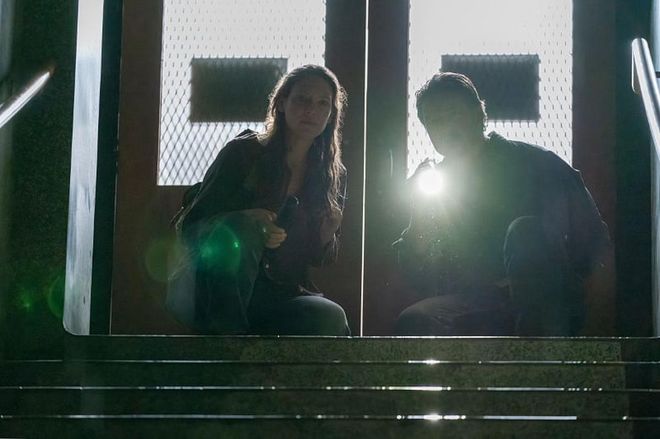
Photo: HBO Go
Why adapt it as a series rather than a film?
ND: I first went down a very bad road trying to make it as a movie. I foolishly believed that we could squeeze this experience into a two-hour movie, but it failed. The script was okay but it was overly long and lost a lot of the heart that made the game special. So I thought it could be a TV show. But there was some resistance to that because it’s only relatively recently that the best writing happens for TV. This is a golden age of TV storytelling. But I didn’t really pursue it until I met Craig and saw the potential for this partnership. I have met a lot of people who love The Last of Us and have incredible resumés, but none has understood it on the level that Craig does.
CM: It had to be a television show. The beauty of The Last of Us is not the plot. The plot is: man takes girl across the country. If you want to tell that story as a movie, it’d be a series of set pieces and a couple of emotional scenes. Movies can be gorgeous when the story is suited to them. When the story is not, movies are reductive and corrosive to the beauty of a particular narrative. You start chucking out all the stuff that is beautiful because you need to tell the stuff that is pure story. For me, the joy of The Last of Us is not only the time spent with the characters but also the way episodes occur. The game is already broken into episodes. Sometimes, we shortened things as we adapted it and sometimes we expanded them dramatically. We were able to do that freely.
Part of my personal philosophy when writing television is to make sure I don’t waste anybody’s time. I think a lot of shows, given that freedom and flexibility, will pad things out and overstay their welcome. I am a believer that every minute should be riveting, whether you’re telling a story about a nuclear disaster in the Soviet Union in the 1980s or you’re telling the fictional story of Joel and Ellie as they cross the country. We found the way to tell the story exactly as it was supposed to be told. That flexibility exists in television and the opposite of that flexibility exists in movies. Movies are still an incredibly rigid form where you are required to land between 80 minutes and three hours. This story was never going to survive that.
Related article: Behind The Beauty, Hair And Makeup Of Everything Everywhere All At Once
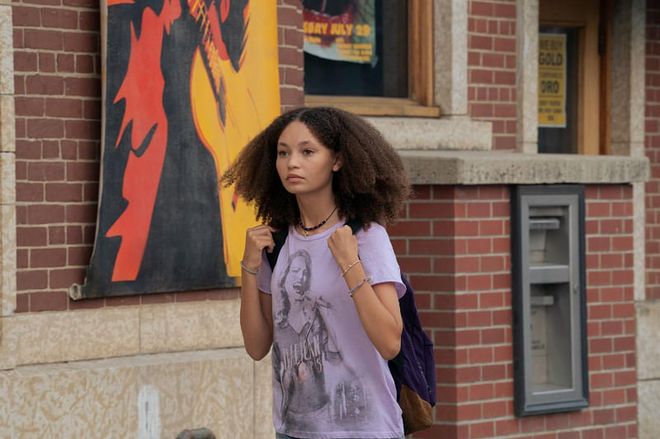
Photo: HBO Go
Neil, you’ve spoken about creating non-sexualised female protagonists in the game. But was there concern when you were writing the game that young male players just wanted to see Lara Croft?
ND: Again, I was lucky that Naughty Dog has been so successful for so many years, going all the way back to Crash Bandicoot, that. PlayStation really trust us to do what we want. When we first came up with The Last of Us, we did this thing called a Marketing Focus Test, which is the nightmare it sounds, where you bring in a number of players from different demographics and you give them the pitch about what the game is. It’s done in a really dry way and they all hated it. They were like, ‘We have to go on this journey while protecting a 14-year-old girl? My sister is 14 and she is really annoying; I don’t want to play that game.’ So I think if I were part of an organization that was less secure with what they’re making then there would be pressure to change it. A lot of the people in the group were teenage boys and they were like, ‘What if you make her 18 and sexy?’ However, the people who mattered knew it was too early to judge what the game is; you have to play it to get it. When marketing the game there was some pushback on only featuring Joel or at least making him the most prominent one, but our take was always that they should be featured equally. This is a dual-protagonist story and Ellie is just as important as Joel; it’s the mixture of the two that makes this story so special.
CM: Those choices made it much easier to convince HBO that they should make this because it wasn’t the cliché. HBO has a well-earned reputation for quality and for sophistication and one of the things that impressed them when we were talking about the game was how many women play it. A large segment of the fan-base is women. The game has been in the world for nine years, and there’s the incredibly well acclaimed and received sequel, and the emotional connection people have to Ellie exists in no small part because of the fact that she is a human being and not a cartoon drawn in a ridiculous way to appeal to the basest sense.
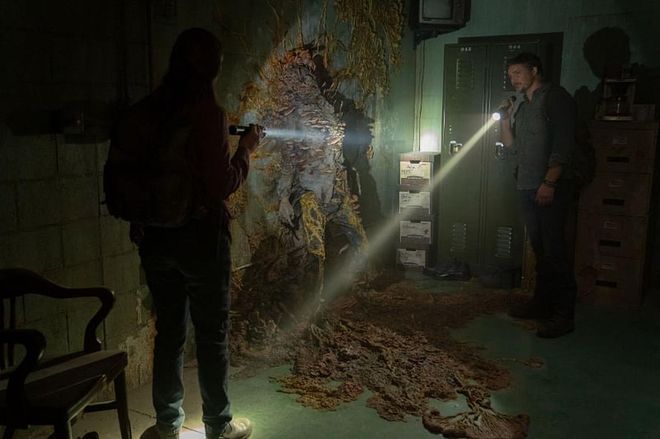
Photo: HBO Go
How do you feel now, Neil, having seen the game become the show?
ND: I entered this deal with a lot of trepidation and some fear that this could end badly. There could be bad version of this, or it could be something I’m not proud of. It’s hard to predict success because it’s out of hands our now with how many people watch it and how they react to it. But having seen the love everyone poured into it, I’m incredibly proud of this, just as proud as when we made the game. It feels very special. And even if it fails — and I don’t think it will — I wouldn’t change anything about it.
This interview has been edited and condensed for clarity.